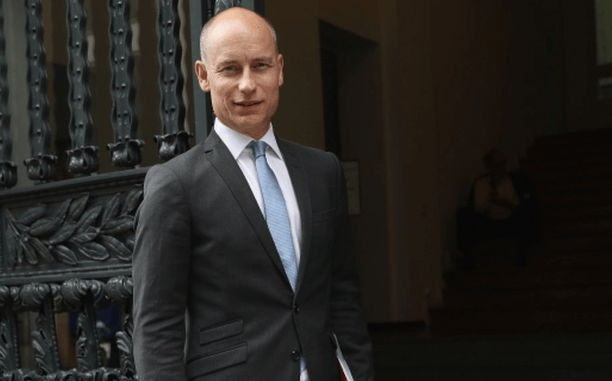Rachel Reeves faces mounting pressure on the nation’s stretched finances, as ministers consider offering pay rises to millions of public sector workers in a bid to fend off the threat of widespread strikes.
The move follows recommendations from public sector pay review bodies, proposing increases of up to 4% for teachers and 3% for NHS workers, significantly higher than the 2.8% the government had initially budgeted for.
Care Minister Stephen Kinnock confirmed the government would give the recommendations “careful consideration,” but emphasised the need for fiscal responsibility.
“We’re all about putting more money into the pockets of working people, but we do also have to ensure that we are balancing the books, and we’ve got to work in terms of public sector pay within fiscal constraints,” Mr Kinnock told Sky News.
“So, of course, we will give these recommendations careful consideration. But I would, of course, also urge our colleagues in the trade union movement to engage constructively with us and recognise the reality of the financial position.”
Rejecting the pay recommendations could trigger another disruptive wave of strike action, threatening to cripple vital public services. Yet even if ministers approve the rises, tensions may still flare. Unions have warned they would oppose any deal funded by cuts to schools or health services.
Mr Kinnock also referenced the recently settled dispute with junior doctors while speaking to ITV’s Good Morning Britain, highlighting a successful deal that moved medics “off the picket line and onto the front line.”
“Absolutely nobody wants to have strike action,” he added, stressing the importance of cooperation in tackling growing NHS waiting lists.

However, discontent is already brewing. Unite described the government’s initial offer as “insulting”, while the National Education Union warned ministers they are “on notice” that the proposal falls short of expectations.
Fresh concerns over the affordability of public sector pay rises have surfaced after official figures revealed the government borrowed nearly £15 billion more than forecast last year. The overspend was largely due to previous public sector pay settlements and rising benefits costs.
Earlier this year, the Treasury made it clear there would be no extra funding beyond the 2.8% already earmarked. Any additional increases, it stressed, would need to be absorbed by cuts within existing departmental budgets.
That reality sets the stage for a difficult balancing act. Ministers must weigh fair pay against fiscal prudence, knowing that any wrong step could plunge public services back into industrial turmoil.
As pressure mounts from unions and the risk of strike action grows, the government finds itself at a critical crossroads. With strained finances and a workforce demanding fairness, ministers must navigate a complex path to keep services running and public confidence intact.






